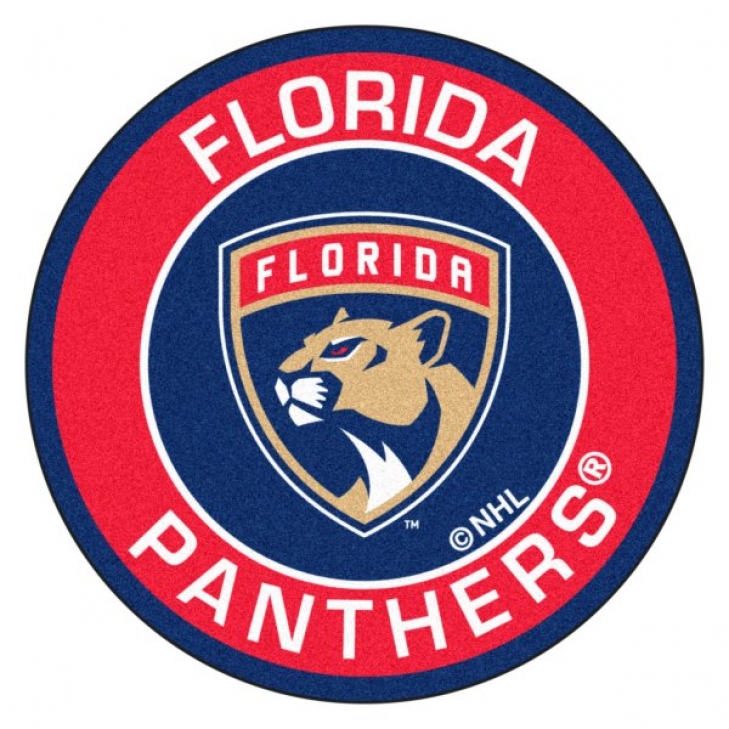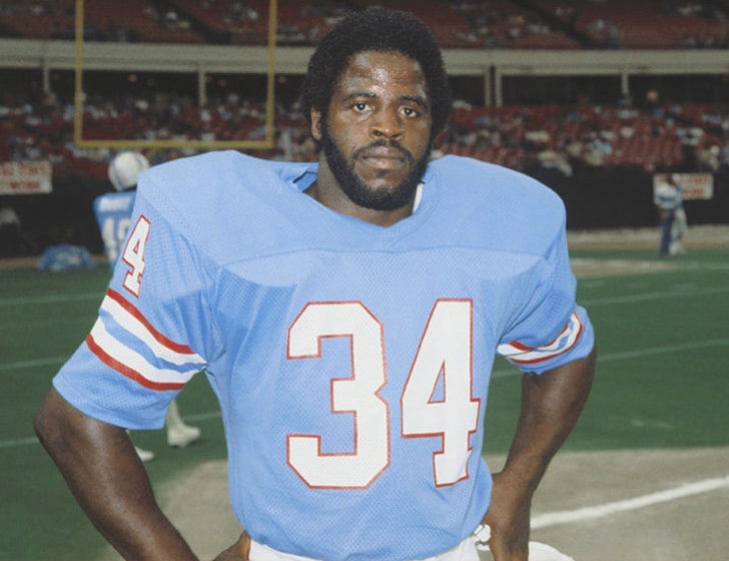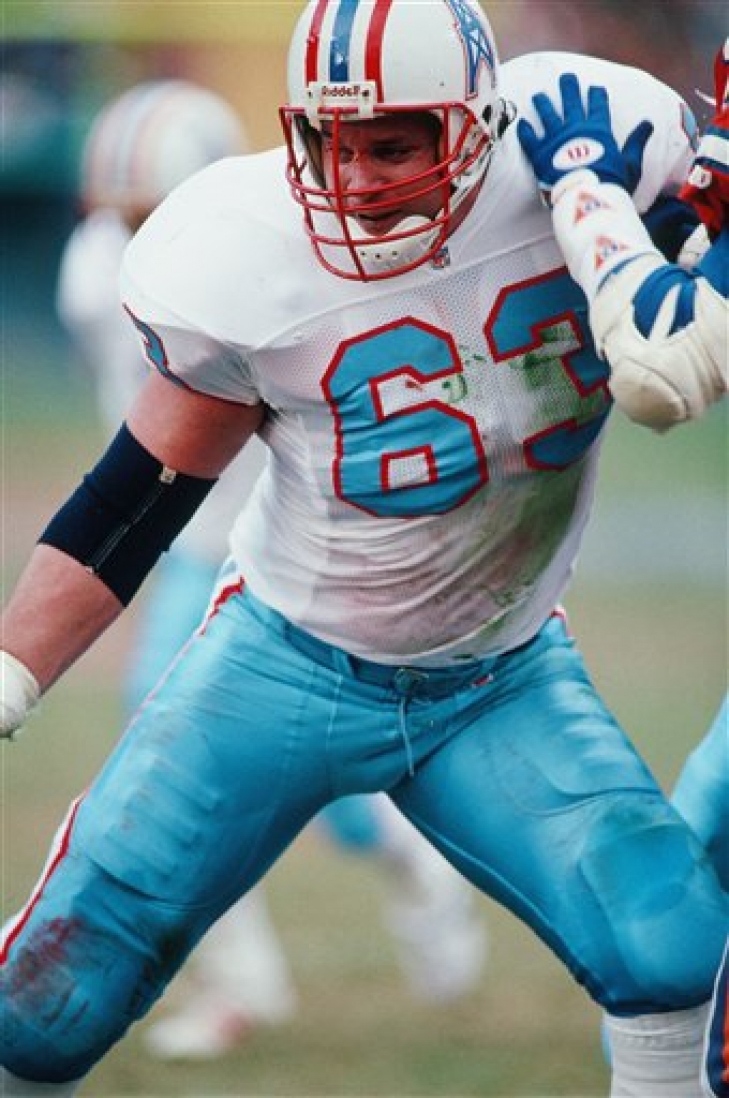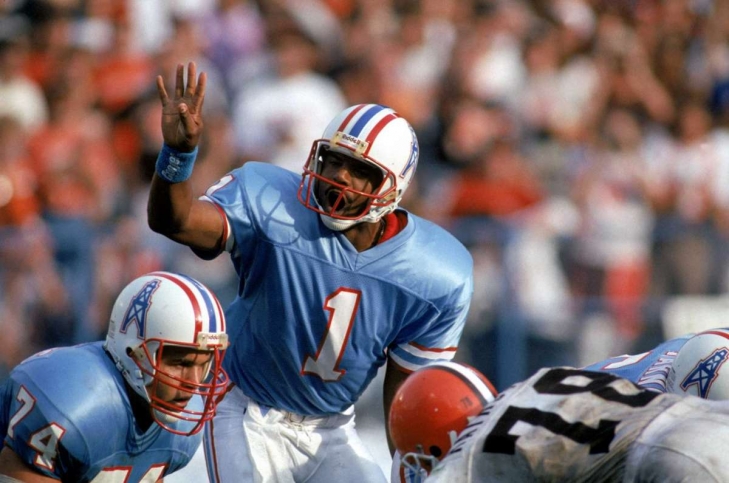
Committee Chairman
Our All-Time Top 50 Florida Panthers have been revised to reflect the the last five seasons.
Yes, we know that this is taking a while!
As many of you know, we here at Notinhalloffame.com are slowly generating the 50 of each major North American sports team. That being said, we have existing Top 50 lists out and we always consistently look to update them when we can and based on necessity. As such, we are very happy to present our pre-2021-22 revision of our top 50 Florida Panthers.
As for all of our top 50 players in hockey we look at the following:
1. Advanced Statistics.
2. Traditional statistics and how they finished in the NHL.
3. Playoff accomplishments.
4. Their overall impact on the team and other intangibles not reflected in a stat sheet.
Please note, that this is our first revision in in the last five years, and it has resulted in numerous new entries and elevation of existing players.
As always, we present our top five immediately:
You can find the entire list here.
The top five did change significantly. Barkov, who won the Frank J. Selke Trophy last year and the Lady Byng two years ago, rocketed to #3 after a #32 rank from our inaugural list. Huberdeau, who won the Calder in 2013, and was a Second Team All-Star last year shot up to #4 from #17.
Our highest debut is Keith Yandle at #12, who just signed with Philadelphia. The Defenseman was an All-Star in 2019.
Vincent Trocheck, who is now a Carolina Hurricane, climbed from #47 to #17. He was an All-Star in 2017.
Right Wing, Evgeni Dadonov, who is now with St. Louis, debuts at #22.
Former backup Goalie, James Reimer, who was traded to Carolina in 2019, enters at #23.
Defenseman, MacKenzie Weeger comes in at #32.
Mike Matheson, who also plays at Defense, and is now a Penguin, enters at #33.
Mike Hoffman, a Center who is now with St. Louis, makes his first entrance at #36.
Scott Clemmensen, another Goailie, who we should have looked on our first list is at #45.
The last new entry is Mark Pysyk, a Defenseman now with Dallas is at #46.
We welcome your input and comments and as always, we thank you for your support.
4. Earl Campbell
After winning the Heisman Trophy in 1977, there was little doubt that the Texas Longhorn would not be the number one pick in the Draft. The Houston Oilers held that selection, and Campbell remained in the Lone Star State, where he was the top Running Back in football for a few years.
As a rookie, Campbell led the NFL in rushing with 1,450 Yards, and not only was he the best at his position, he was the most physical, preferring to plow through defenders rather than elude them. Campbell won both the Offensive Rookie of the Year and Offensive Player of the Year, and both the NEA and PFWA named him their MVP. What do you do for an encore? Have an even better season.
In 1979, Campbell exceeded his rookie mark with 1,697 Rushing Yards and a career-best 19 Touchdowns, which also led the NFL. Campbell swept every major award he could win (AP MVP, Bert Bell, NEA MVP, PFWA MVP, and OPOY) and had his second straight Rushing Title. His 1980 Season saw him again lead the NFL in Rushing with 1,934 Yards and 13 TDs, and his third consecutive OPOY was his.
Those three seasons ended his apex, but he still had two more 1,300/10 TD years as an Oiler (1981 & 1983). Campbell got off to a poor start in 1984 and was traded to the Saints, but his playing style caught up to him, and he retired shortly after.
With the Oilers, Campbell rushed for 8,574 Yards with 74 Touchdowns in 91 Games. His number 34 was retired in 1987, and four years later, he was enshrined in the Pro Football Hall of Fame. In 1999, the Titans inducted him into their franchise Ring of Honor.
3. Mike Munchak
Had it not been for Bruce Matthews, his longtime Offensive Linemate, Mike Munchak, would have easily been the best Lineman in franchise history, but second, to Matthews is nothing to be ashamed of.
Munchak was a high First Round pick from Penn State in 1982, and after an injury-riddled and mediocre rookie year, Munchak settled in as their starting Left Guard, becoming one of the best in the business. A Pro Bowl Selection in 1984 and 1985, Munchak finished his career with a seven-year stretch of Pro Bowls, with two First Team All-Pro nods. The All-Decade Guard played all 12 of his seasons with Houston, starting all but three of his 159 Games. Munchak retired in 1993, and his number 63 was retired the year after.
Munchak was elected to the Pro Football Hall of Fame in 2001, two years after he was inducted to their Ring of Honor. The Olers would retire his number 63 in 1994.
2. Warren Moon
Warren Moon was a star Quarterback at the University of Washington, but in the late 1970s, the NFL was not interested in black QBs. Before the draft, Moon decided to sign with the Edmonton Eskimos of the Canadian Football League, and he led them to five consecutive Grey Cups. Moon’s performance north of the border caused a bidding war for his services in the U.S., and he signed with the Houston Oilers in 1984.
The Oilers were not a good team when he arrived, and while they were not winning many games in Moon's early seasons, the gunslinger did what he could to make them competitive. Moon gained weapons, and from 1988 to 1993, he was a perennial Pro Bowl selection, and took Houston to the playoffs in all of those seasons.
Moon was at his best in 1990, where he led the league in Pass Completions (362), Passing Yards (4,689), and Passing Touchdowns (33), and he won the Offensive Player of the Year Award. He again led the NFL in Completions (404) and Yards (4,690) the following season.
After a good 1993 season, the Oilers sent the Quarterback to Minnesota, ending his incredible run in the state of Texas. Moon had 33,685 Yards and 196 Touchdowns in Houston, and he would enter both the Canadian Football and Pro Football Hall of Fame. The Titans also retired his number 1 and inducted him to their Ring of Honor in 2007.





